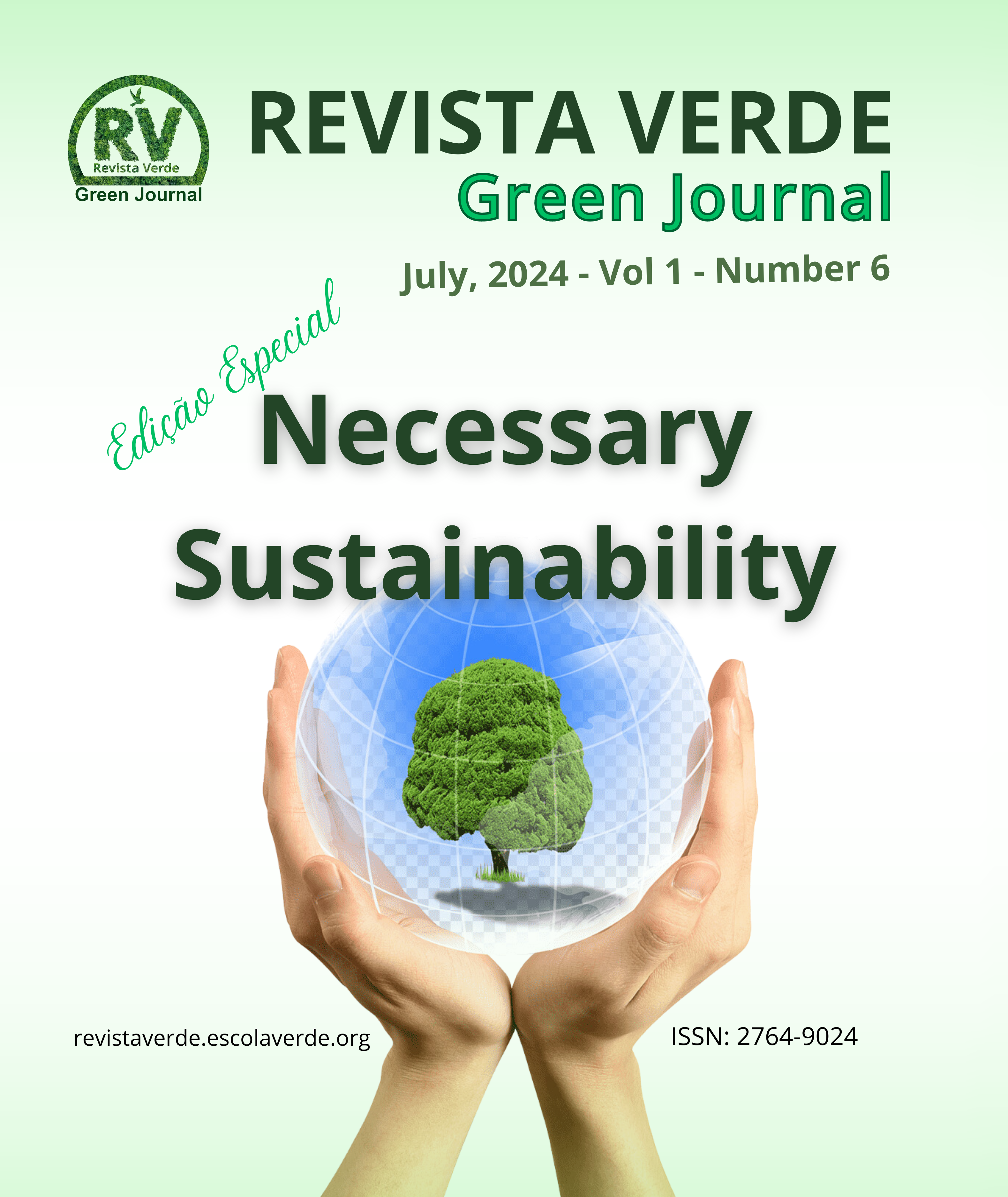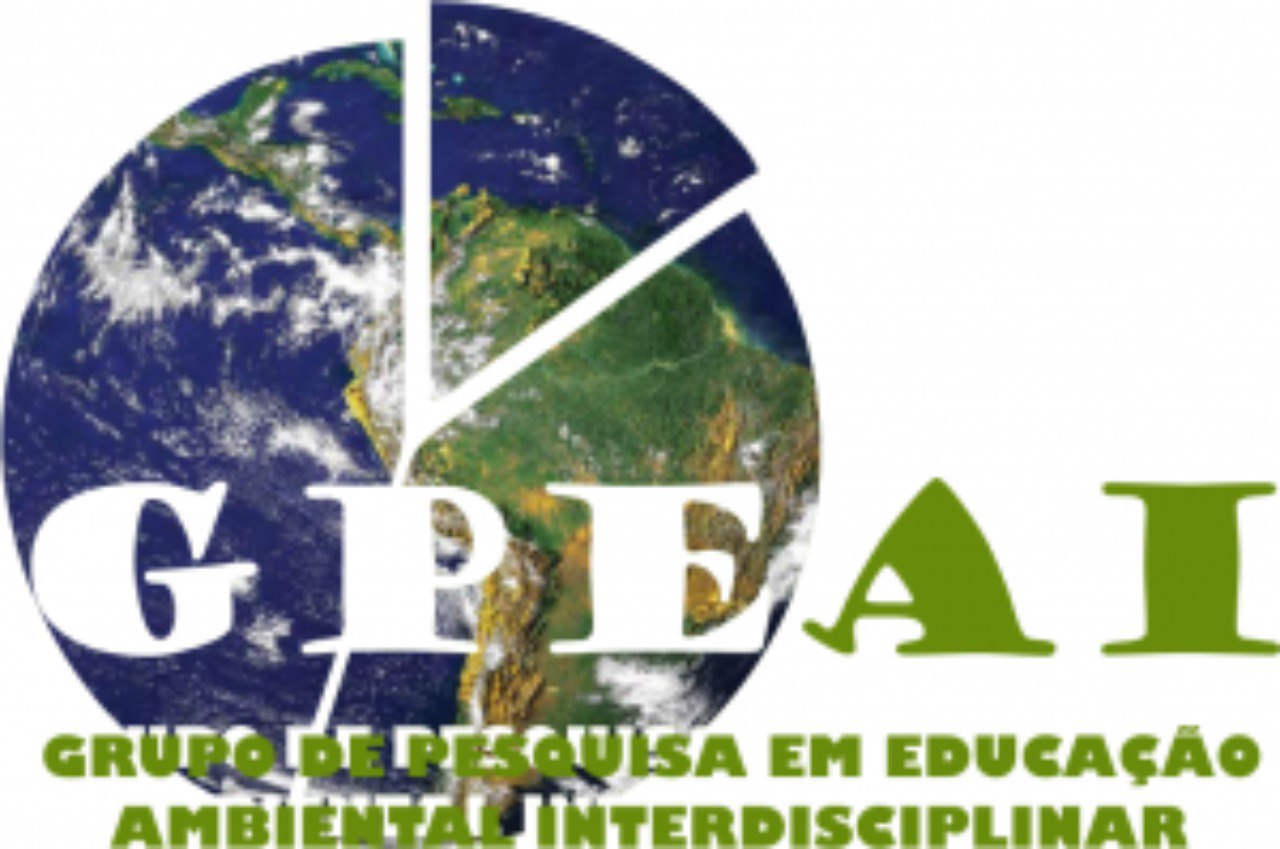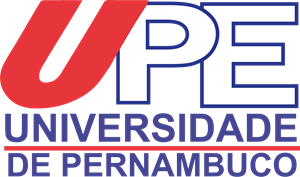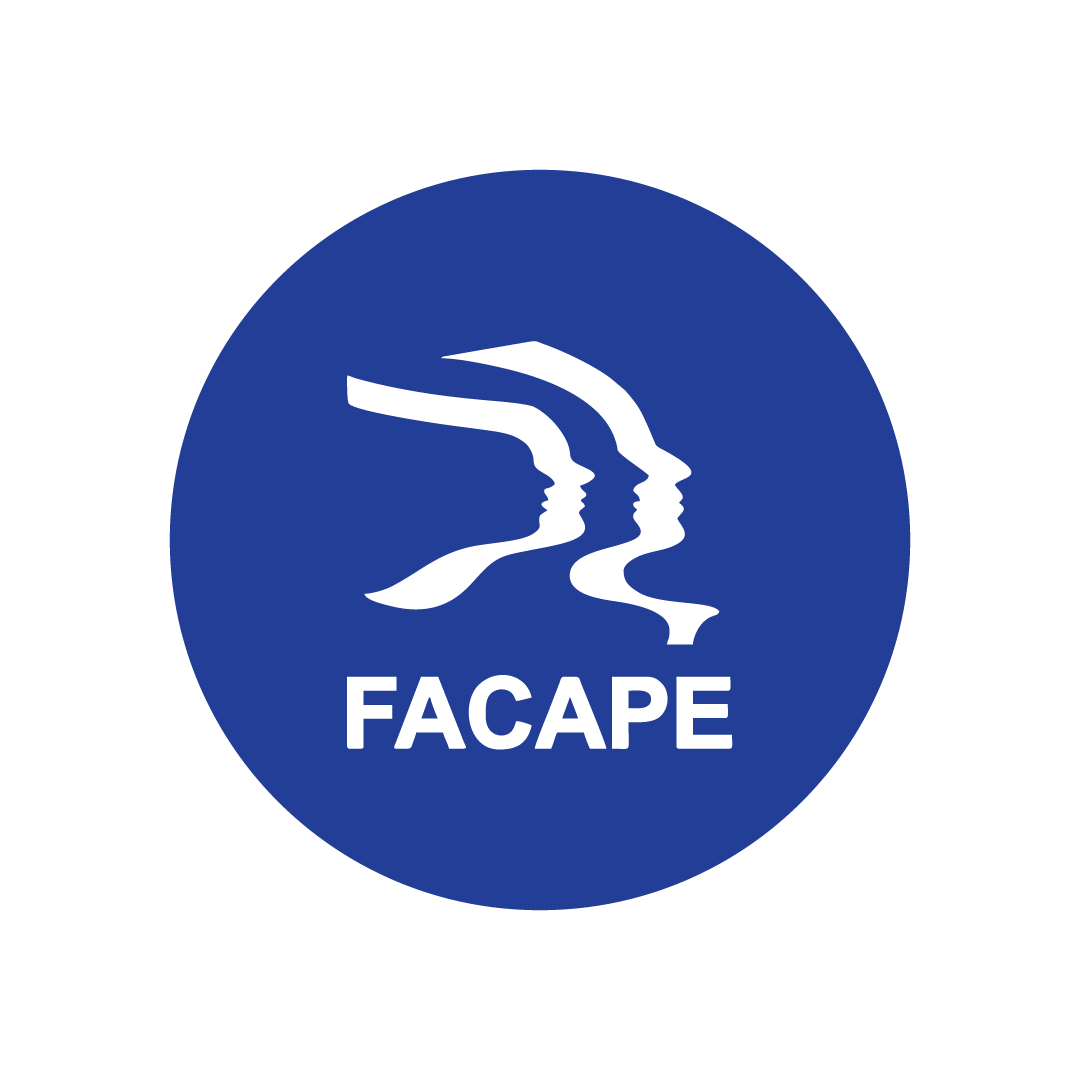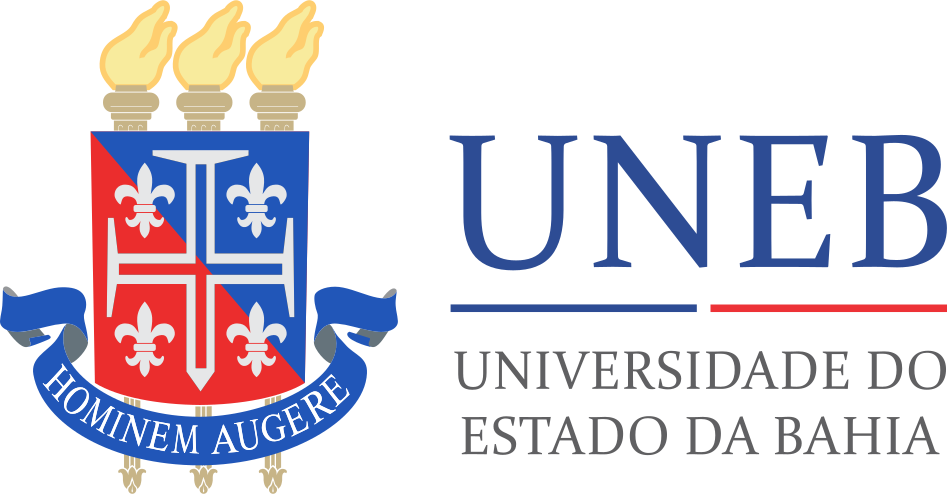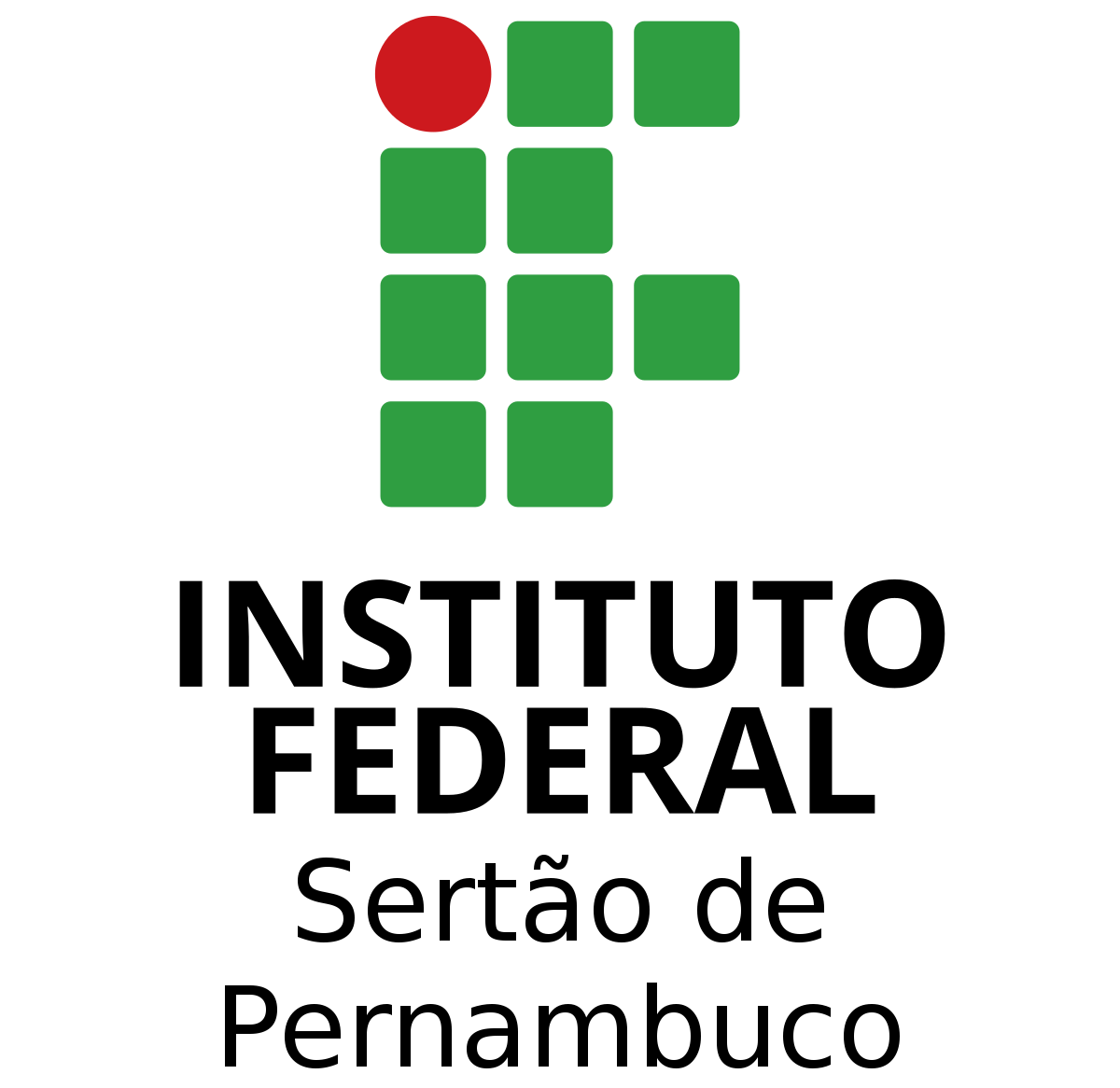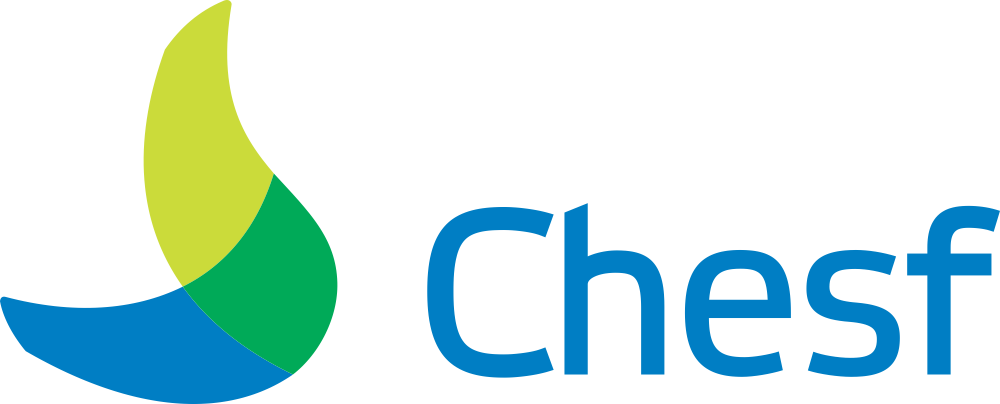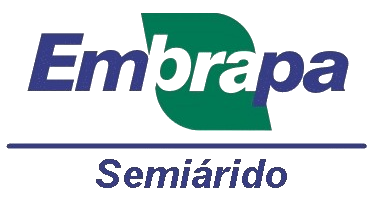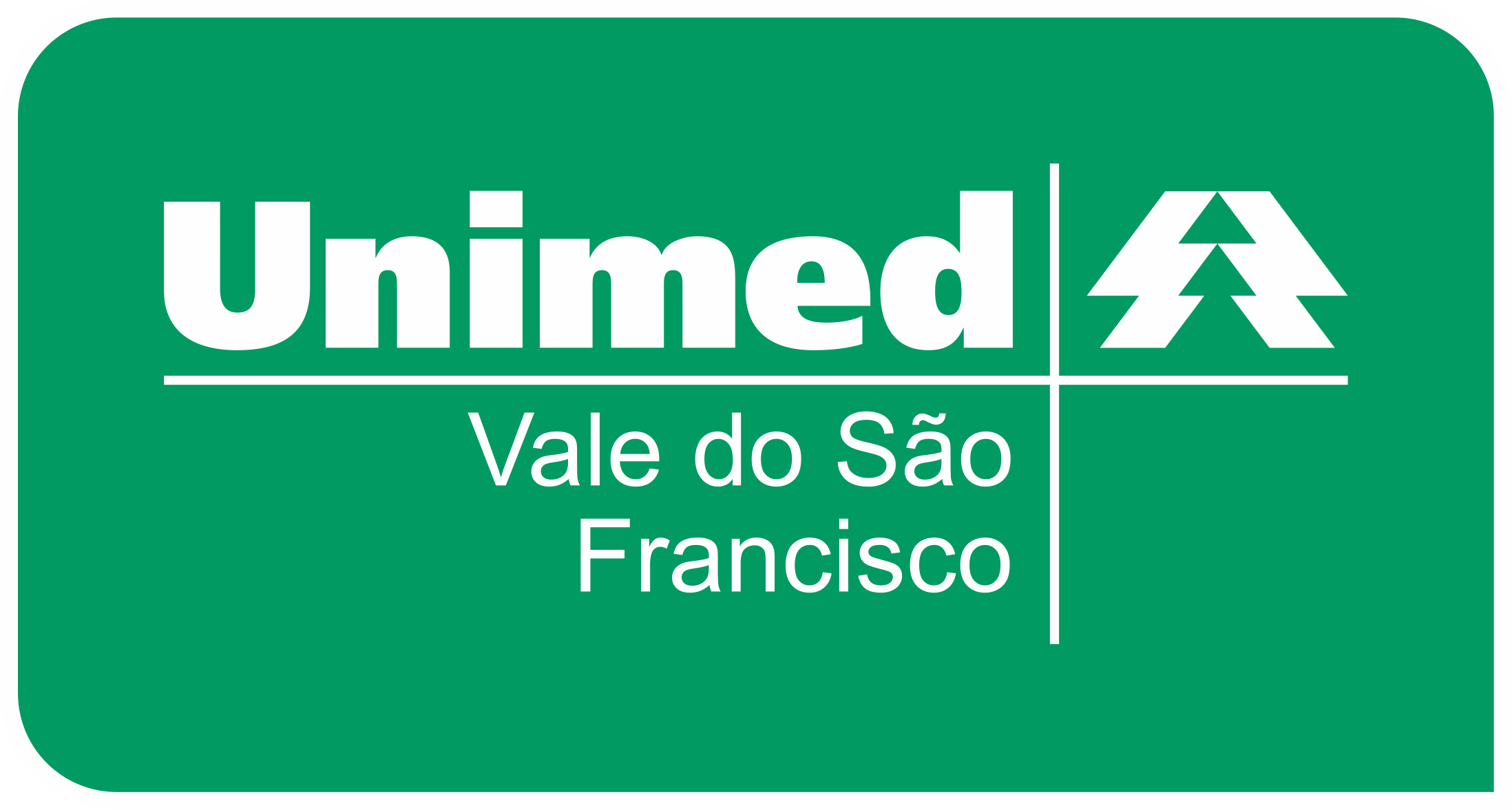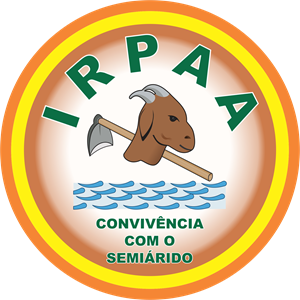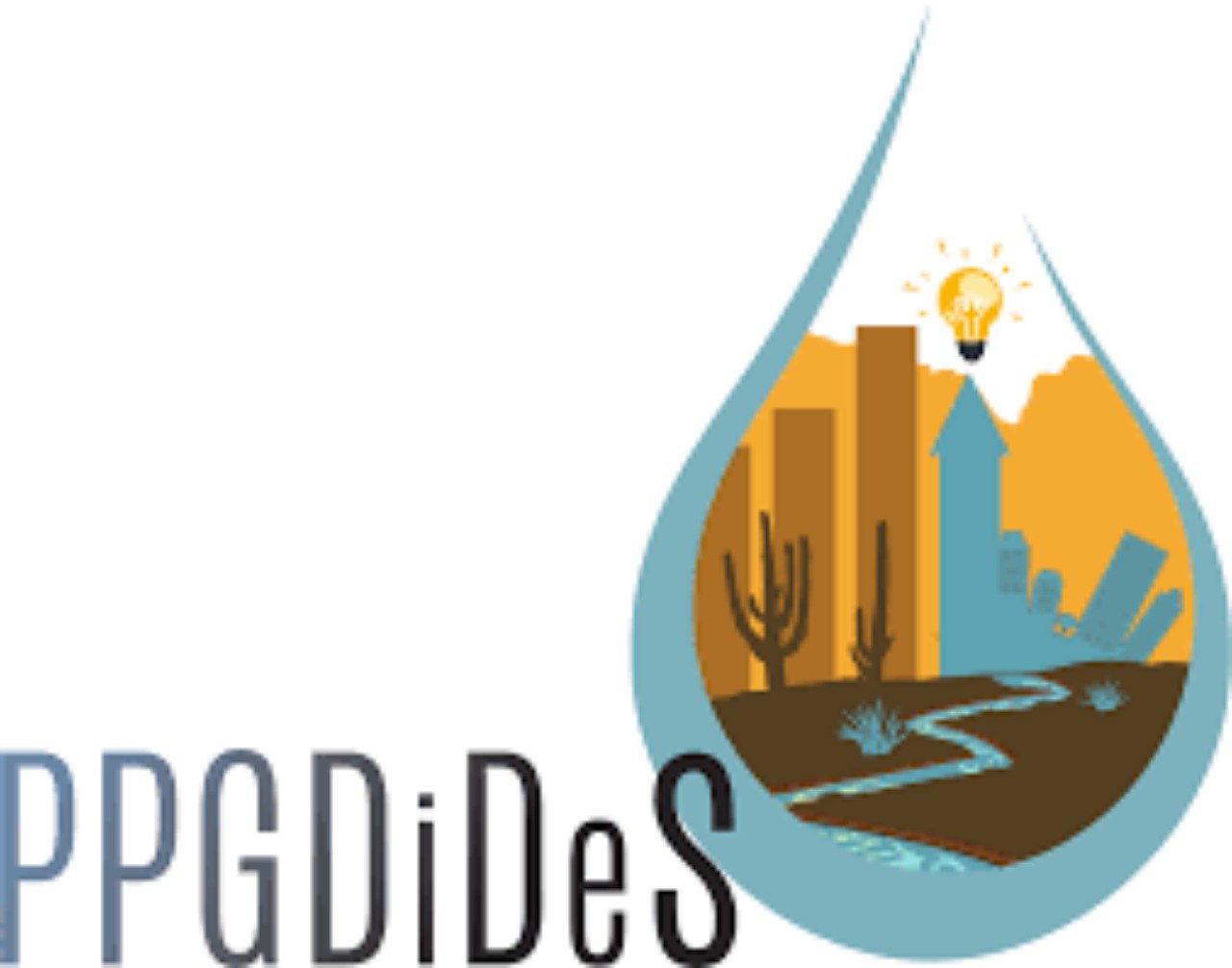ESPAÇOS NÃO FORMAIS COMO FERRAMENTAS POTENCIALIZADORAS DE ABORDAGEM CRÍTICA DA EDUCAÇÃO AMBIENTAL
DOI:
https://doi.org/10.5281/zenodo.12785551Abstract
Non-formal spaces for the development of environmental education have been seen as enriching formal curricula, constituting a tool of great pedagogical potential, opening up an endless range of options for students and educators such as, for example, the integration of theory into practice. In this sense, the aforementioned study aims to answer the following investigative question: What contribution can the non-formal spaces Igarapé Waí and Igarapé Grande offer to promote environmental education in an 8th grade class of elementary school II in a school in Boa Vista, Roraima? In order to answer this investigative question, we applied a didactic sequence focusing on water resources in an 8th grade class of elementary school II, at a state school in Boa Vista, Roraima, with the aim of raising awareness in the school community about preservation and conservation of the igarapés that cross the city of Boa Vista. The didactic sequence emerged from the disciplines Non-Formal Spaces and Science Teaching under the focus of Environmental Education, through the Professional Master's Degree in Science Teaching at the State University of Roraima, linked to the Graduate Program in Science Teaching PPGEC. The study is characterized as a research with a qualitative approach, of the descriptive and interpretative type, with the use of bibliographic techniques. Data collection was carried out during the application of the didactic sequence through written records in the field diary format, of the diagnostic, discursive and written activity, participation in the class developed in the igarapés and creation of posters and infographics. In this way, the didactic sequence demonstrated that the igarapés as non-formal spaces have great potential for the development of activities related to science teaching, and should be seen as a possibility to integrate theory and practice, developing awareness and perception of students. students, providing opportunities for knowledge, in addition to strengthening relations between the school community and the environment.
Downloads
Downloads
Published
Issue
Section
License
Copyright (c) 2024 Green Journal

This work is licensed under a Creative Commons Attribution-NonCommercial-NoDerivatives 4.0 International License.

